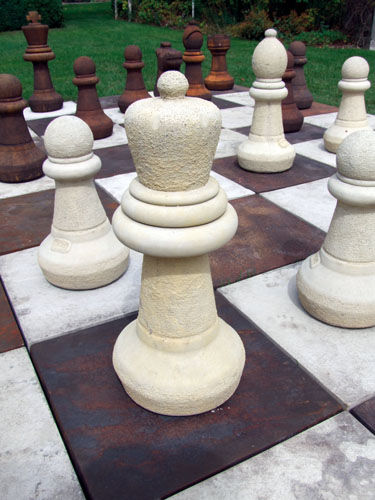

Keeney was a supposed Soviet spy, and he proposed replicating the California county library system in Japan. Two alumni in particular were key players in this story: Philip Keeney and Paul Jean Burnette. In this environment, so different from the emphasis on local government, individual self-improvement, and democratic ideals in the USA, public libraries and independent learning received little support.” “Japan before 1945 had a highly centralized government run by a fascist militarist regime, a conformist and culturally homogenous society, little social mobility, and education dominated by preparation for examinations and admission requirements. “Library services, ordinarily publicly funded, reflect the cultural values and political priorities of their context,” Buckland said. Buckland felt that there was more to the story, and on and off for the next twenty years, he continued to explore the context and the characters involved he found that many roads lead back to the I School.Īt the time, although the Japanese populace was extremely literate and publishing flourished, the role of the public library was underdeveloped when Gitler went to Japan.


The book was inspired by an oral history he recorded on alumnus Robert Gitler ’31, who went to Japan in 1950 to found the country’s first college-level school of library science. Professor Emeritus Michael Buckland’s new book, Ideology and Libraries: California, Diplomacy, and Occupied Japan, 1945–1952, was recently published by Rowman & Littlefield.


 0 kommentar(er)
0 kommentar(er)
